The Starling movie review: Melissa McCarthy, Chris O’Dowd are brilliant in an audaciously melodramatic tragicomedy
Synopsis: The Starling, which has premiered on Netflix, occasionally gets too in your nose for comfort, but McCarthy and O’Dowd’s sincerity buoys this relationship drama
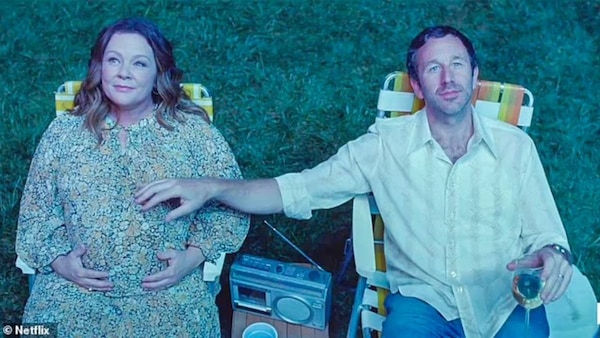
Last Updated: 10.03 PM, Sep 24, 2021
Story: Jack and Lilly, a married couple, struggles to keep their sanity and marriage together after their infant daughter passes away
Director Theodore Malfi’s The Starling is a poignant portrait of a marriage slowly imploding after the death of their infant daughter. The film veers into tricky waters right from the get-go. It attempts to explore the grief and the trauma of losing a child, but with a lighthearted, nimble tone. In fact, the choice of casting also seems deliberate — both Melissa McCarthy and Chris O’Dowd, the lead couple in the film, are terrific comedy actors. And the few witty one-liners the film has, the actors deliver with such ease that you wonder what the film would have been like had it concentrated more on mining the comedy with dialogues than gimmicky set pieces.
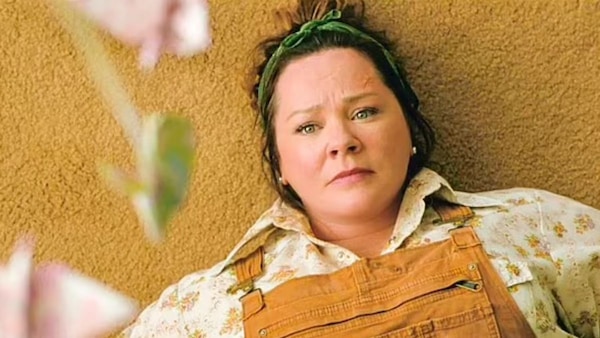
The film begins a year after the death of their infant daughter of SIDS, which has driven Jack (O’Dowd) to admit himself into a psychiatric facility, while Lilly (McCarthy) has unsuccessfully forged ahead trying to keep the household running. Jack blames himself for the death of his daughter, and quietly punishes himself by driving away his wife, medicine, therapy or any affection that comes his way.
Lilly is angry and frustrated at her inability to move forward, much like Jack. But she convinces herself she cannot afford to "let the ship sink," so she immerses herself in her work at a departmental store. When she's not mislabelling items at the store, she devotes her time to repopulate their sprawling garden with farm vegetables, discards their daughter’s crib and aggressively smoothens out the dents left by it on the carpet. But the charade doesn't last long. Both Jack and Lilly are aware their marriage is hanging by a thread that threatens to snap every time they interact.
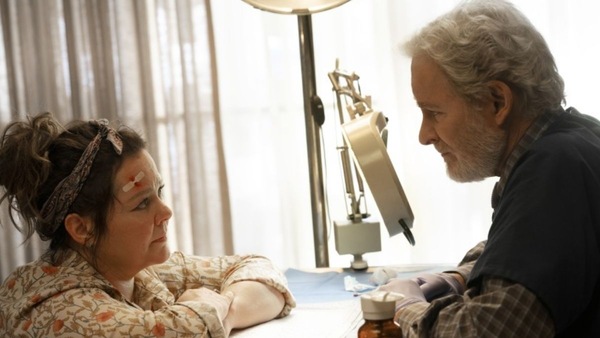
After Jack's therapist suggests Lilly try to seek help too, she lands up at a veterinarian's office. A former therapist, Dr Larry Fine (Kevin Kline) is reluctant to help Lilly. But as films go, he changes his mind fairly quickly, doling life advice out to a cynical Lilly. All is well until the film’s titular character makes an appearance.
Lilly finds an enemy in a starling, that torments her every time she steps out in her garden, so much so, that ends up feeding poisonous bird food and throwing a stone at her in a fit of rage. The bird is the literal embodiment of Lilly’s trauma that she cannot escape.
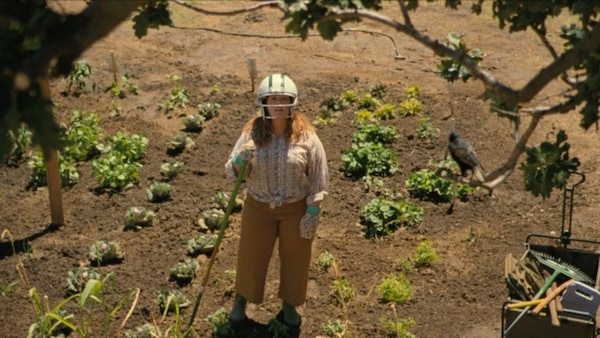
The metaphor is interesting, only it charges at you too at breakneck speed with the subtlety of a sledgehammer. The CGI on the bird is too clunky to be taken seriously, and Lilly’s antics with the bird veer too much into the slapstick territory and interferes with the emotional tenor of the film. Both Bojack Horseman or Fleabag in the recent past have expertly dabbled into the tragicomedy genre, setting precedents so high that anything remotely heavy-handed feels insincere.
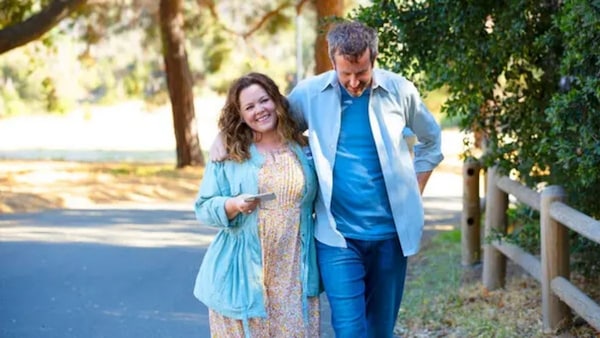
And this is what The Starling struggles with. In moments when it is focused on Jack and Lilly’s inability to deal with their colossal loss, the film is profound and insightful. Where it stumbles, is when Lilly’s gag with the bird begins. Even when the ceremonial change of heart begins, the starling’s visual metaphor seems too much on the nose to be considered seriously. On many occasions, the film is pretty overtly saccharine with rousing operatic and violin music in the background. But those who have grown up on a staple diet of Bollywood films will definitely choke up at the most dramatically charged moments, such as when Jack confesses to his therapist about his fear of relapse.
Verdict: The hammy approach renders the film tonally inconsistent. Where some scenes may remind you of the beautifully poignant Marriage Story or The Nest, others can make you cringe hard. But both McCarthy and O’Dowd are heartbreakingly earnest, and you wish for their sake the film did not slip into didacticism ever so often.
Subscribe to our newsletter for top content, delivered fast.

